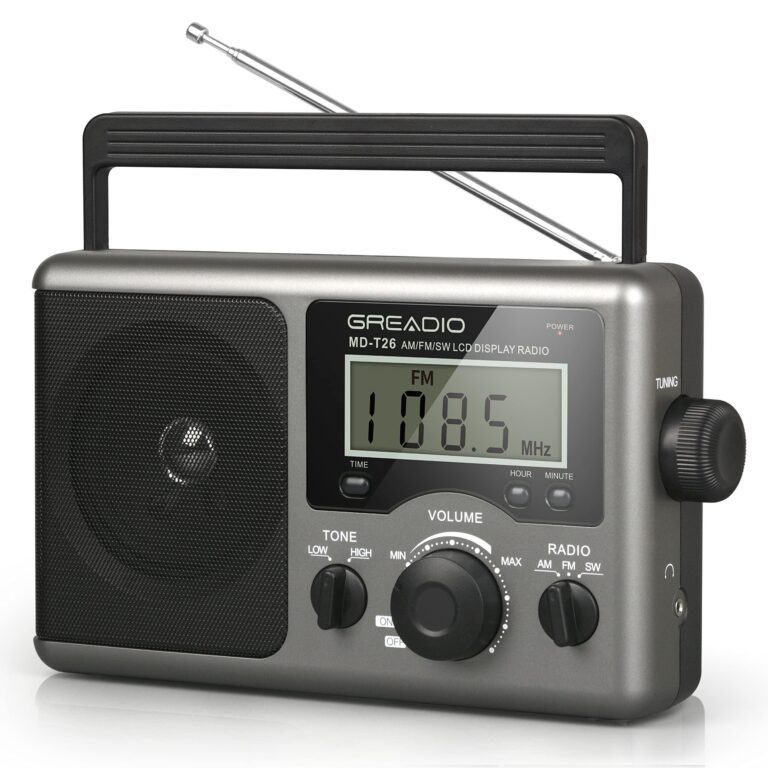Introduction
In Africa, radio has long been a vital source of information. Despite the rise of digital communication platforms, radio remains a trusted medium, especially in rural areas where access to technology is limited. This article explores the role of radio in public health initiatives across the continent and its continued significance in disseminating crucial information to communities.
The Importance of Radio in Health Communication
Accessibility and Reach
Radio is one of the most accessible forms of media in Africa. Its ability to reach millions of listeners, regardless of their literacy levels, makes it an ideal medium for health education. Many villages have radio stations that broadcast local news, health tips, and public service announcements, ensuring that vital health information is delivered to those who need it the most.
Engagement with Communities
Community radio stations often involve local voices in programming. This grassroots approach fosters a sense of ownership and encourages listeners to engage with the information presented. Health workers often participate in broadcasts, sharing knowledge on topics such as disease prevention, hygiene practices, and maternal health, which resonates with the audience on a personal level.
Challenges Facing Radio in Public Health Messaging
Competition from New Media
Despite its strengths, radio faces challenges from emerging digital media. With the increasing ubiquity of mobile phones and the Internet, younger generations may turn to social media for information, potentially sidelining radio as a health communication tool. However, the interactive nature of radio can still compete, as stations develop innovative formats like talk shows and call-in segments to engage their listeners.
Funding and Sustainability
Many community radio stations struggle with funding. This financial uncertainty can affect their ability to produce quality health programming consistently. Partnerships with public health organizations and NGOS can provide vital support, enabling stations to create content that addresses urgent health issues while maintaining financial stability.
Success Stories from Radio Health Campaigns
Effective Campaigns and Their Impact
There have been numerous successful health campaigns delivered via radio. For instance, campaigns focused on HIV awareness and prevention have demonstrated significant results in changing attitudes and behaviors among listeners. Statistics show that communities engaged through radio broadcasts often record higher rates of testing and treatment adherence compared to those without access to such information.
Building Trust Through Consistency
Consistency in broadcasting health messages can build trust. Listeners perceive stations as reliable sources of information over time, which is crucial for addressing sensitive topics. Trust can lead to greater community participation in health programs and increased adherence to health guidelines, making radio an indispensable tool in public health efforts.
Conclusion
radio remains a critical voice in public health in Africa. While it faces challenges in the digital age, its unique strengths in reach and engagement ensure its relevance. By embracing partnerships and continually adapting to community needs, radio can continue to play an essential role in promoting health across the continent. For more insights on the impact of radio on public health in Africa, visit this resource.

